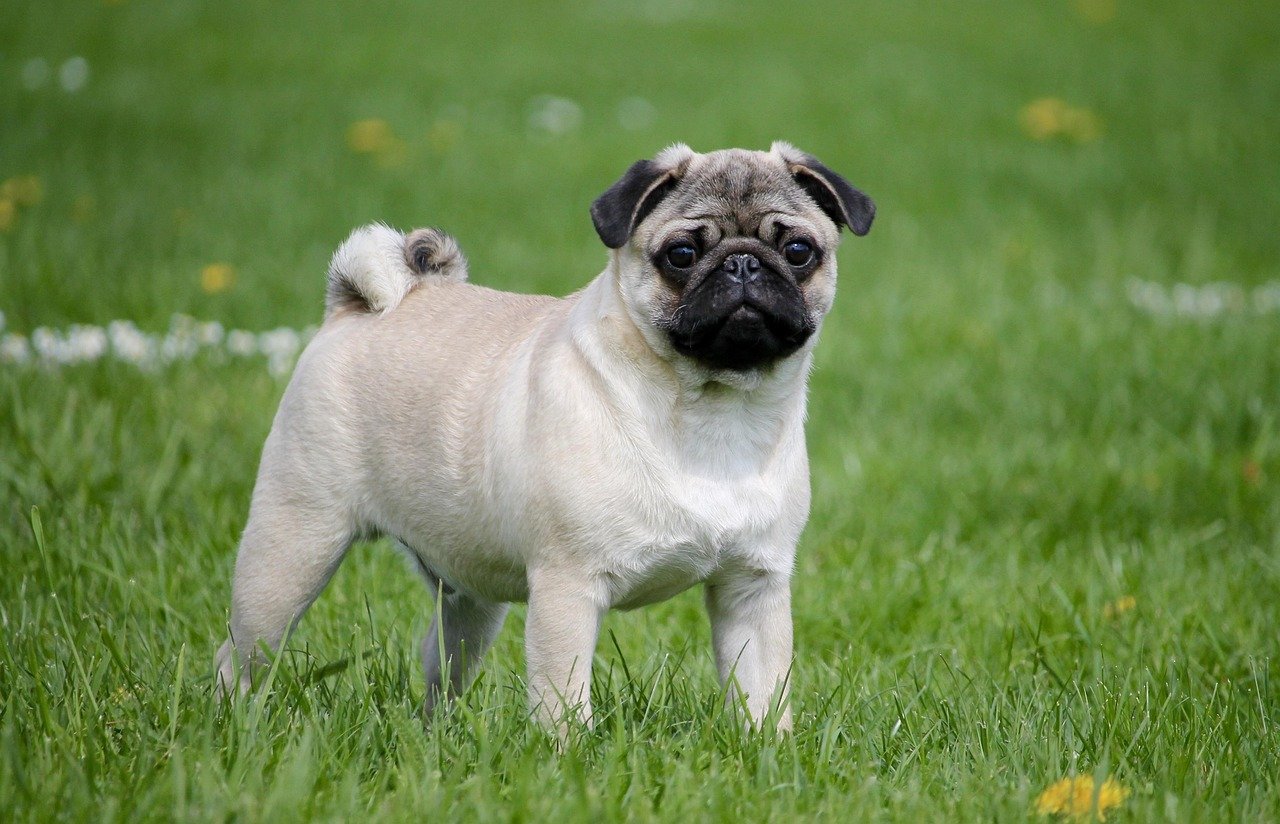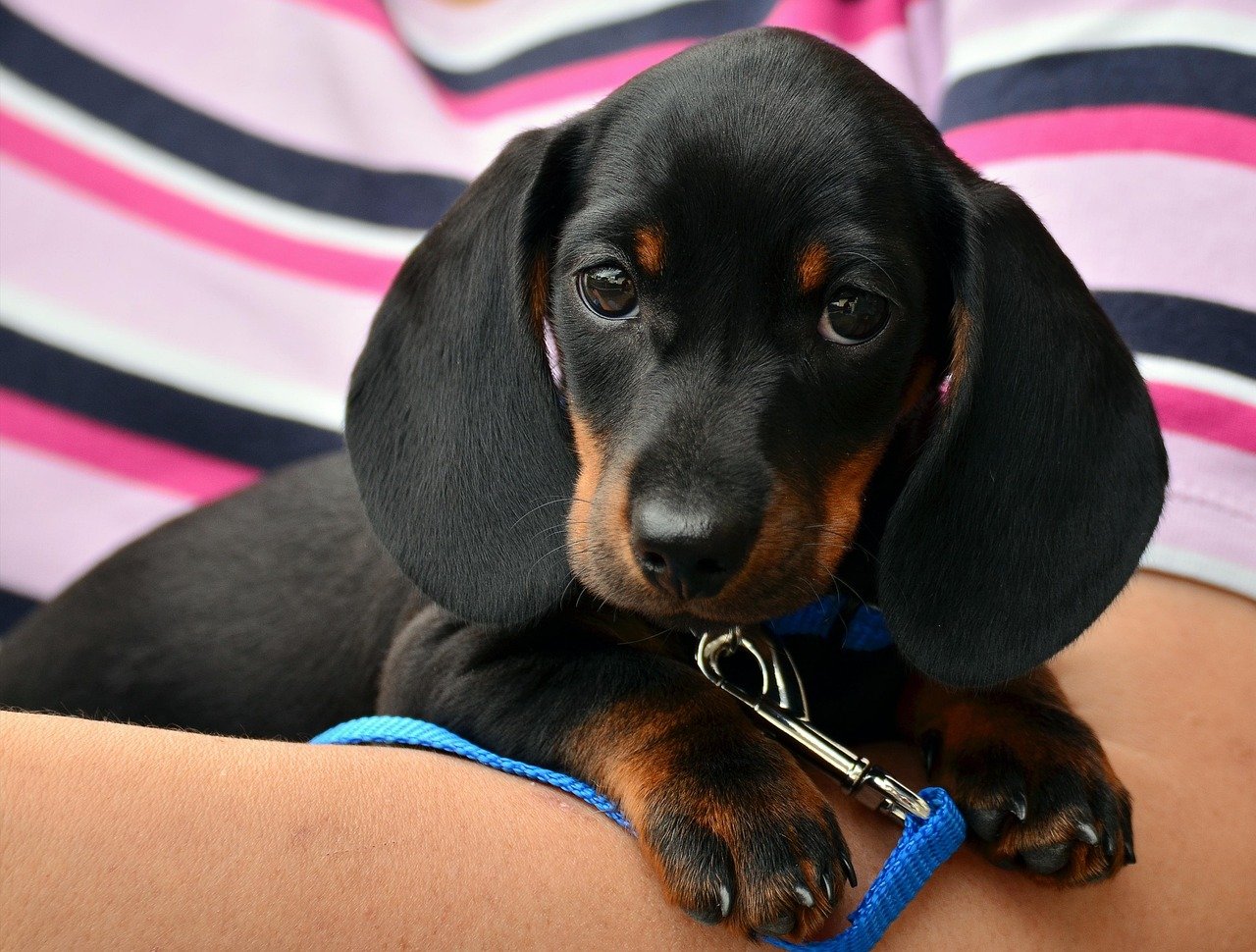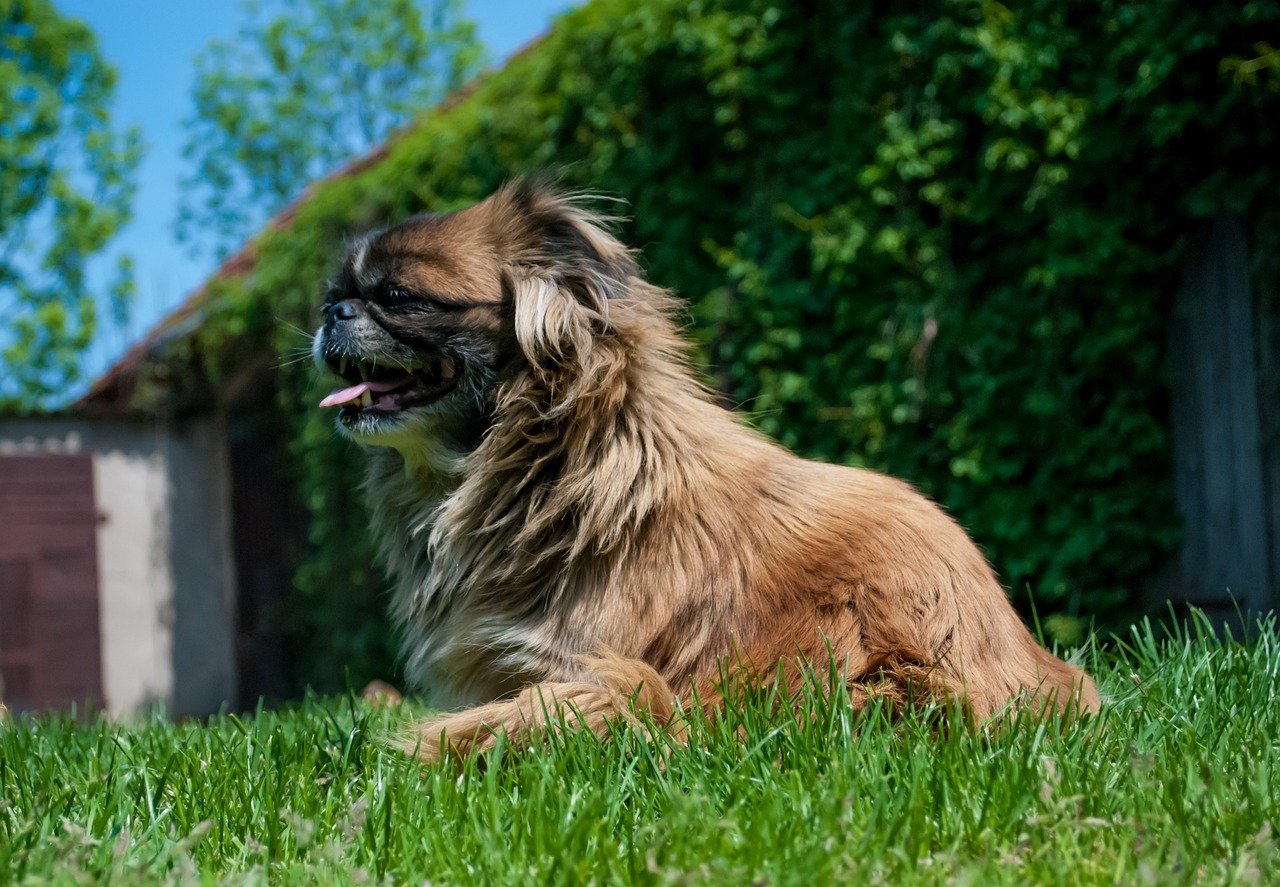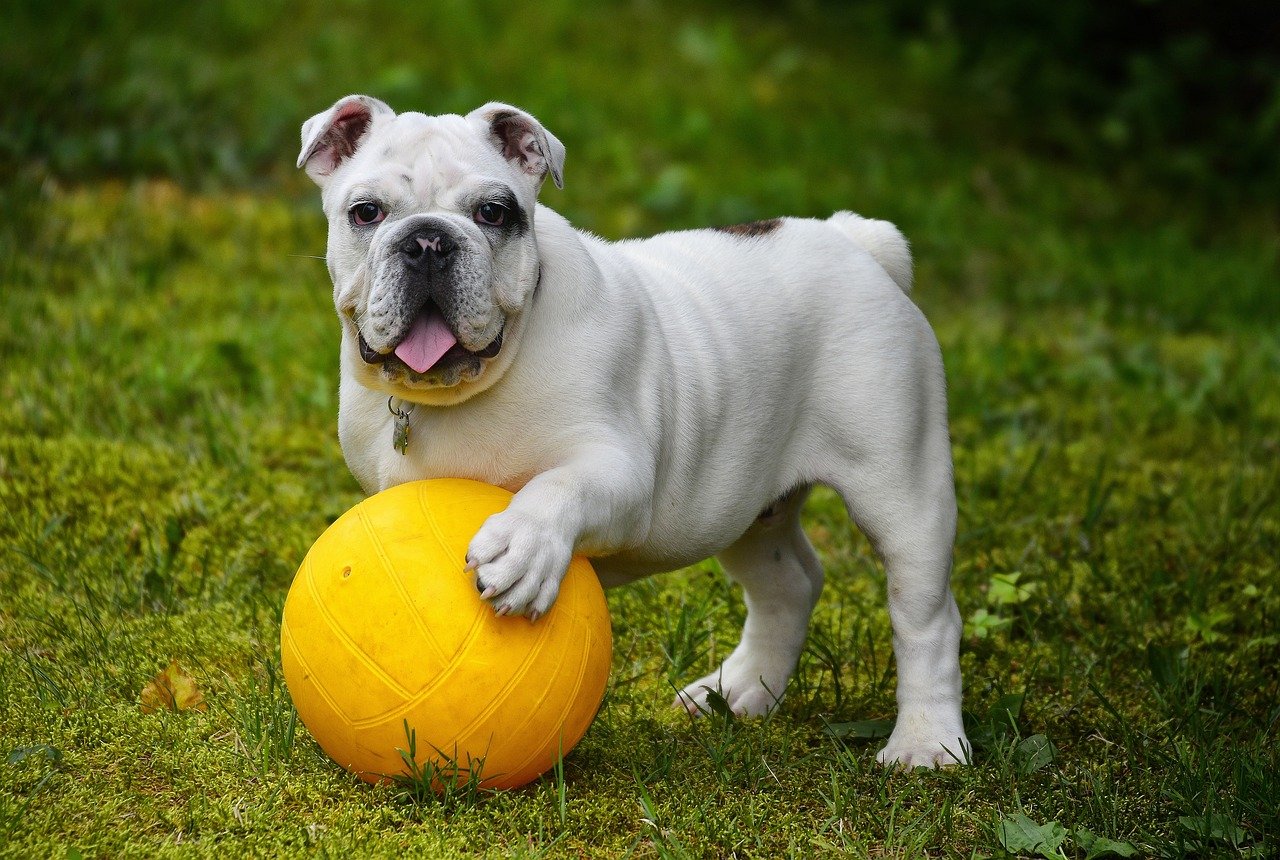Have you ever wondered what would happen if you mixed the raw power of a Rottweiler with another breed? The results might sound intriguing, but not every combination is a good idea. Sometimes, crossing breeds can lead to heartbreaking health issues, unpredictable temperament, or even dangerous behavior. For dog lovers who want the best for their furry friends, it’s crucial to know which breeds are best left unmixed with Rottweilers. Let’s dive into the world of canine genetics and reveal the 10 dog breeds you should never cross with a Rottweiler — for the sake of the dogs, and for you.
Chihuahua

Picture a Rottweiler’s sturdy build paired with a Chihuahua’s tiny frame—it’s a recipe for disaster. The size difference alone can lead to serious health problems, with the offspring often suffering from joint and bone issues. Chihuahuas are known for their delicate bodies and big personalities, while Rottweilers are muscular and strong-willed. Mixing these two can result in unpredictable temperaments that are hard to manage. The puppies might inherit the Rottweiler’s strength without the physical ability to support it, creating a high risk for injury. Additionally, their conflicting energy levels and social needs make them poorly matched. This is one mix that’s unfair to both breeds.
Pug

Pugs are adorable, but they come with a host of health problems, especially breathing difficulties due to their flat faces. Crossing a Rottweiler with a Pug can amplify these issues, creating puppies that struggle even more to breathe comfortably. The difference in body structure can also lead to awkward, painful postures and joint pain. Beyond physical concerns, the contrast between the Rottweiler’s protective instincts and the Pug’s playful stubbornness is hard to reconcile. These dogs might not get the exercise or mental stimulation they need, leading to behavioral issues. It’s a mix that can end up causing both physical discomfort and emotional distress for the dog.
Dachshund

Dachshunds are famous for their long spines and short legs—a unique look that unfortunately puts them at risk for back problems. Mixing a Rottweiler with a Dachshund can make these spinal issues even worse. The size and weight of a Rottweiler’s genes can create puppies whose bodies simply can’t support themselves properly. Besides health, there’s a dramatic difference in temperament: Dachshunds are stubborn and independent, while Rottweilers are assertive and sometimes dominant. The result can be a dog that’s difficult to train and prone to anxiety or aggression. It’s a blend that’s best left alone for the wellbeing of both breeds.
Pekingese

With their lion-like manes and compact bodies, Pekingese are charming but fragile. They suffer from respiratory issues due to their flat faces and have sensitive eyes and joints. Introducing the Rottweiler’s genetics can make these problems much worse, leading to painful physical conditions. The Pekingese’s aloof and sometimes stubborn nature clashes with the Rottweiler’s boldness, making for a dog that can be aloof, difficult, and even territorial. This mix can also make it hard to predict how the dog will react to strangers or children. For those who love Pekingese or Rottweilers, mixing them isn’t the way to go.
Greyhound
Greyhounds are elegant, slender, and built for incredible speed. Their thin bodies and sensitive nature are a world apart from the Rottweiler’s muscular, solid frame. Mixing these two can cause severe joint problems and heart issues, thanks to the mismatch in body types and activity levels. Greyhounds are gentle and reserved, while Rottweilers are confident and protective. Puppies could end up with conflicting temperaments, making them unpredictable and potentially anxious. The energy mismatch means the dogs might not get the right kind of care or exercise. For both health and happiness, these breeds are better off separate.
Shih Tzu

Shih Tzus are loved for their sweet, lap-loving temperament and flowing coats, but they’re also prone to breathing issues and back problems. Crossing them with a Rottweiler can result in puppies facing a lifetime of discomfort and vet visits. Shih Tzus are bred for companionship, while Rottweilers are working dogs with a protective streak. The difference in personalities can make the offspring challenging to raise and train. The physical disparities, from size to coat type, can also create grooming nightmares and pain for the dog. This is a mix that just doesn’t work for anyone involved.
Border Collie

Border Collies are energetic, intelligent, and driven by their instinct to herd. Mixing them with a Rottweiler can create a high-strung, overly protective dog that’s hard to manage. Border Collies need mental stimulation and space to run, while Rottweilers need clear leadership and training. Their combined personalities can lead to a dog that’s restless, destructive, or even aggressive if its needs aren’t met. The physical combination can also result in joint issues and other health concerns. For families and first-time dog owners, this is a mix that’s likely to overwhelm all involved.
Bulldog

Bulldogs are plagued with health problems, especially when it comes to breathing and joint issues. Adding Rottweiler genetics can worsen these struggles, leading to dogs that suffer from chronic pain and limited mobility. Bulldogs have a calm, lazy demeanor, which doesn’t mesh well with the Rottweiler’s active, alert nature. The result is often a confused dog with a muddled personality and a host of medical issues. This combination can be a heartbreak for owners and a hardship for the dog. The risks simply outweigh any potential benefits.
Yorkshire Terrier
Yorkshire Terriers are tiny, feisty, and full of personality, but their small size makes them vulnerable to injury. Crossing them with a Rottweiler can lead to offspring with fragile bones and a mismatched temperament. Yorkies are prone to dental issues and tracheal collapse, which can be made worse by adding the Rottweiler’s larger, heavier genetics. The result may be a dog that’s hard to care for, both emotionally and physically. The difference in size and energy also makes it tough for these dogs to find a comfortable lifestyle. This is a pairing best avoided for the sake of both breeds.
Saint Bernard

Saint Bernards are gentle giants, known for their kind hearts but also for their short lifespans and susceptibility to joint and heart problems. Mixing them with Rottweilers can amplify these health issues, leading to even shorter lives and greater suffering. Saint Bernards and Rottweilers have very different temperaments—one calm and patient, the other bold and energetic. The contrast can make it difficult to predict or manage the puppy’s behavior, especially as it grows into a very large, powerful dog. For anyone considering this mix, the potential health and behavioral risks are simply too high.
Jen is a passionate nature lover and ocean conservationist. She has dedicated her life to protecting the environment and preserving the beauty of the natural world. Growing up in a small coastal town, Jen sincerely appreciated the ocean and its inhabitants. She has spent countless hours exploring the shoreline, learning about the creatures that inhabit the waters, and advocating for their protection. Jen is an active member of ocean conservation organizations, and she is committed to educating the public about the importance of conserving wildlife and the natural environment.





